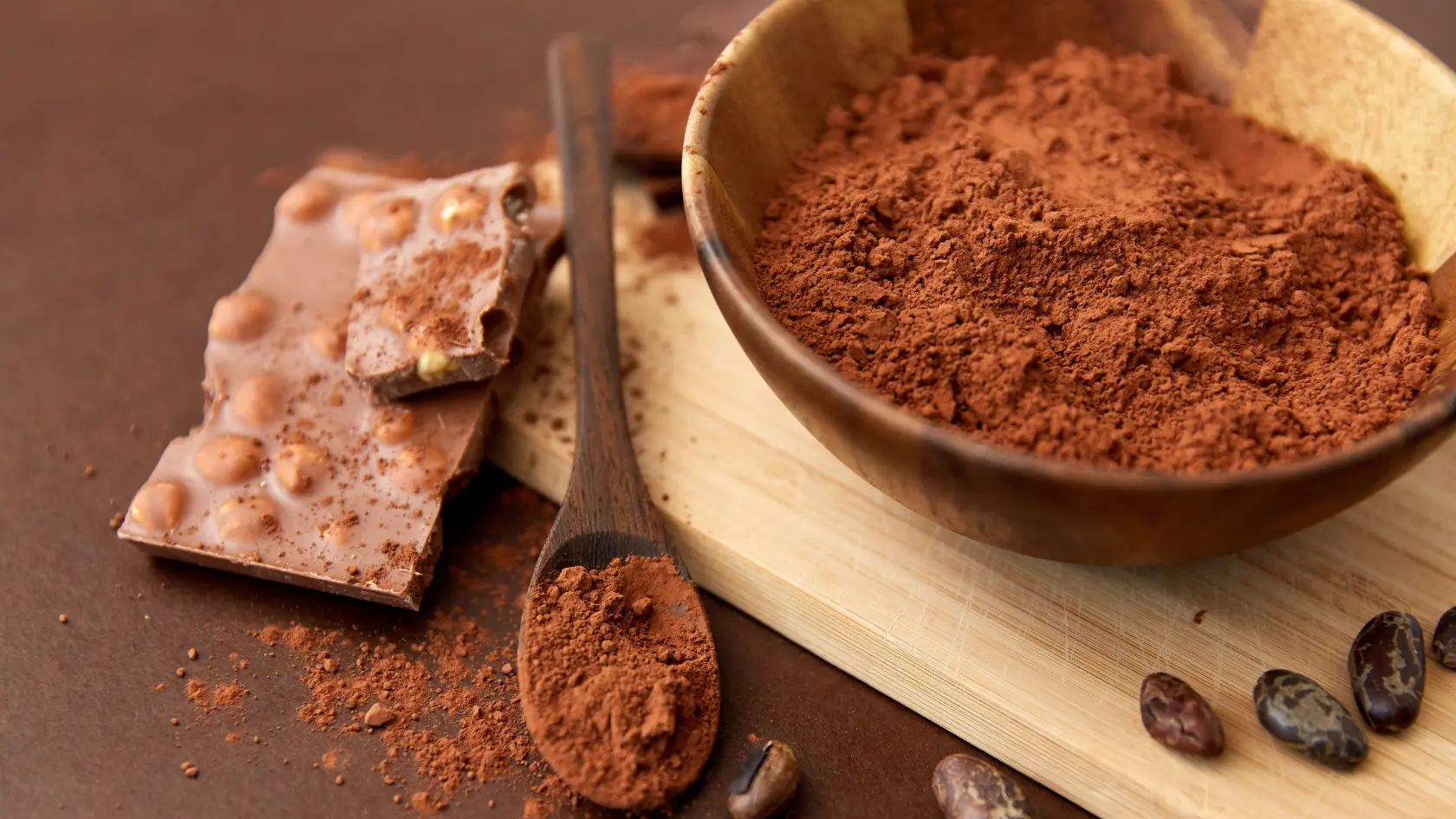If you’ve noticed that your baby smells like sour milk, you might be feeling a bit concerned. Many parents wonder, “Is this normal?” The strong scent of your baby’s breath smelling like sour milk can often trigger worry, especially among first-time parents. The reason for the phenomenon should be understood because it can ease the concern, as it can be alarming.
Table of Contents
Common Reasons for Baby Smells Like Sour Milk
There are several reasons why your baby may have an odor reminiscent of sour milk, many of which are typical for infants. Some common reasons are explained here:
1. Regular Digestive Processes
The process of digestion in babies is one of the top causes for a baby to smell like sour milk is just. The stomach breaks down milk, and after the breakdown down some undigested elements result in a sour smell. The process can also be assisted by bacteria in the digestive tract.
2. Digestive Breakdown of Breast Milk and Formula
The digestion of breast milk and formula is why a breastfed baby breath smells like sour milk. More specifically, if undigested milk is present in the baby’s mouth or on their skin. Stomach enzymes break down milk into proteins and fats. Lactose is a component of milk; if not fully digested, it gets fermented by gut bacteria, producing an acidic byproduct. This acidic byproduct is responsible for the sour smell from the breastfed baby.
3. Change in Diet
A change in the baby’s diet can also result in a sour smell. This mostly happens when babies start eating solid foods. The digestive system requires time to adapt and modify according to the new diet, as it includes a transition from completely liquid food to food of different ingredients and textures takes place. In the early days of such a transition, undigested particles get fermented, producing a sour smell.
4. Teething and Drooling
Babies tend to drool at the time of teething more than usual. The mix-up of excess saliva with residual milk or food particles inside the mouth may result in a sour smell. As babies chew on objects to soothe their gums, bacteria can accumulate in the mouth, further contributing to the odor.
5. Oral Hygiene
Maintaining good oral hygiene is essential, particularly during teething. Cleaning the baby’s gums, teeth, and tongue can prevent the buildup of milk residue and reduce the likelihood of a sour odor. Wiping the baby’s mouth with a soft, damp cloth after feeding can be effective in minimizing odor.
Signs of Teething
Along with the sour smell, parents can watch for other signs of teething, including increased fussiness, swollen gums, biting or chewing on objects, and changes in sleep patterns. Recognizing these signs can help parents manage drooling and minimize potential odors.
When to Consult If Baby Smells Like Sour Milk
While the sour milk smell is often harmless, certain situations warrant a conversation with your pediatrician. Look for signs like:
- Persistent smell: If the sour odor doesn’t go away after proper hygiene practices.
- Signs of illness: If your baby has a fever, unusual irritability, or refuses to eat.
- Oral lesions: Any signs of sores, thrush, or anything unusual in their mouth.
Tips to Manage and Mitigate Sour Smells
There are practical steps you can take if you’re concerned about your baby’s smell:
- Regular mouth cleaning: Use a soft cloth to wipe your baby’s gums and mouth after feeds.
- Monitor diet: If breastfeeding, note how your diet might be affecting your baby’s breath.
- Stay hydrated: Keep your baby hydrated; it will help with digestion and overall health.
Conclusion
A baby smelling like sour milk is a common experience for parents. Being aware of the reasons behind it helps to understand whether it’s normal or not. Teething, or dietary influences, can help you feel more at ease. Baby’s oral hygiene should be monitored, and recognizing when to go for advice from a health professional will ensure your baby stays happy and healthy. If you notice that your baby’s breath smells like sour milk persistently or if changes arise, it’s important to consult your pediatrician for personalized guidance. Always remember that open communication with healthcare providers can help you to deal with the challenges you face of being parents. Explore our Q&A for helpful tips and essential guidance.









